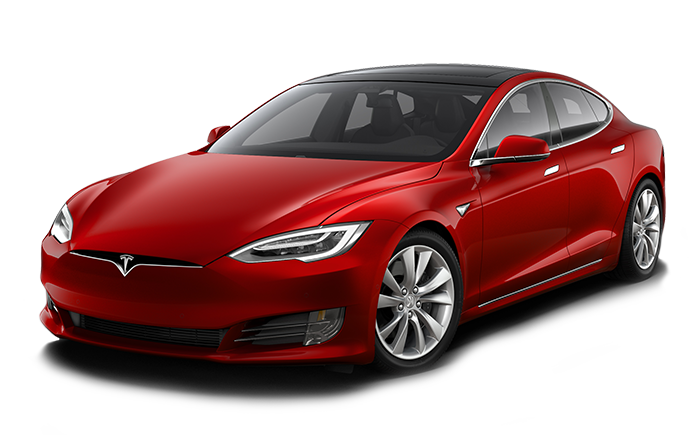-
Vehicle Replacement
-
Managing a fleet is more than just supplying the right employees with the right cars. It’s about ensuring you are maximising value while minimising costs - knowing when your fleet is no longer providing that value or incurring unnecessary costs.
As a vehicle ages, its capital costs decrease while its operating costs increase, which means the vehicle will reach a point in time where it is no longer cost-effective.
When to buy a new car for your company
-
Vehicle operating costs
All those costs incurred in keeping the car on the road – like fuel, tyres, registration, insurance, scheduled or non-scheduled maintenance, out-of-warranty repairs and temporary replacement rentals.
Vehicle capital costs
The monthly market value depreciation or decrease in secondary market value attributed to vehicle age and mileage.
-
Optimum replacement periods may vary depending on vehicle models, fleet policy, funding costs, accident occurrences and other variables, known as ‘soft factors’.
You want to identify that sweet spot in the whole-of-life cycle of your vehicles, when it is the optimal time to replace those vehicles.
Vehicle Replacement Schedule
-

LeasePlan Driving Insights
We’ve shared some optimal replacement times for fleet vehicles, drawn from LeasePlan’s many years of experience in fleet management and replacement.
